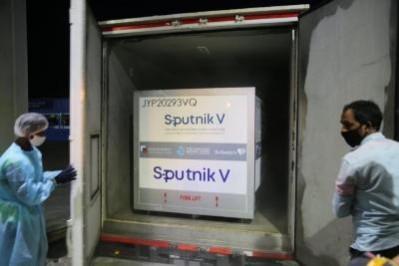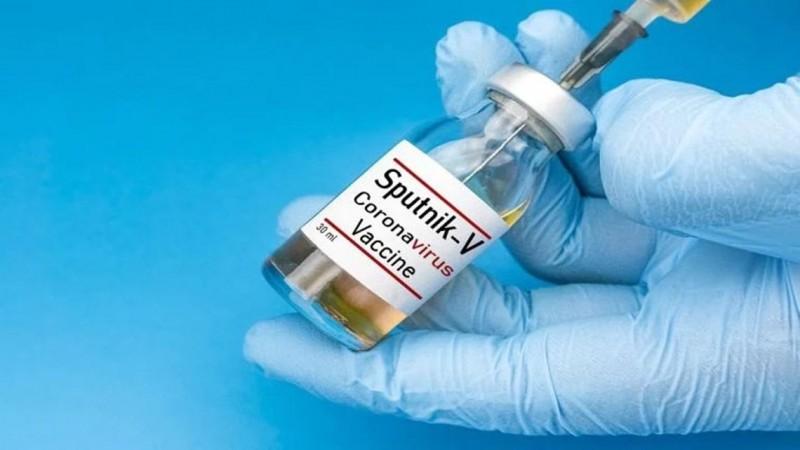The US and European Union (EU) member states stripped themselves of a good coronavirus vaccine by rejecting the Russian-made Sputnik V, Argentine epidemiologist Gabriela said on Tuesday.
"Without the Sputnik V, the US and Europe stripped their citizens of a very good vaccine," Piovano, a specialist at the Dr. Francisco Javier Muniz infectious disease hospital in Argentina, was quoted as saying by TASS news agency.
According to Piovano, Pfizer's vaccine may be considered "the worst" due to the requirements to its transportation and storage.

She also considers the proposed boost doze that should be administered three months after the second jab a disadvantage.
Russia was the first country to approve a Covid-19 vaccine for use in August 2020, developing their Sputnik V jab. Developed by Russia's Gamaleya National Center, the Sputnik V jab is currently registered in 70 countries.
A study published in The Lancet medical journal stated that the vaccine has an efficacy rate of 91.6 per cent against Covid-19.
But over a year after its launch, the vaccine has still not been approved by the World Health Organization or the European Medicines Agency.
In September, a regional WHO official said the manufacturing process of the Sputnik V jab had not met the necessary standards, while the EMA review has been delayed as some data is "still missing".
According to a recent laboratory study conducted by the Gamaleya Center, Sputnik V vaccine is also effective against the vaccine evading and super mutant Omicron variant of Covid.
The study shows that Sputnik V demonstrates high virus neutralising activity against the Omicron variant and is expected to provide strong defense against severe disease and hospitalisation.

The Sputnik V has also demonstrated 3-7 times less of a reduction in virus neutralising activity against Omicron. Sputnik V has shown to be 11.8 times ineffective against Omicron, while Pfizer has shown a 41-fold decline in antibodies generated and Moderna has shown 49-84 times decrease.
"The study was conducted using sera with a longer period after vaccination (more than 6 months after vaccination) as an indicator of Sputnik V's long-lasing protection, in contrast with short studied periods for other vaccines producers (12-27 days for Pfizer-BioNTech and 28 days for Moderna)," the Gamaleya Center said in a statement.








